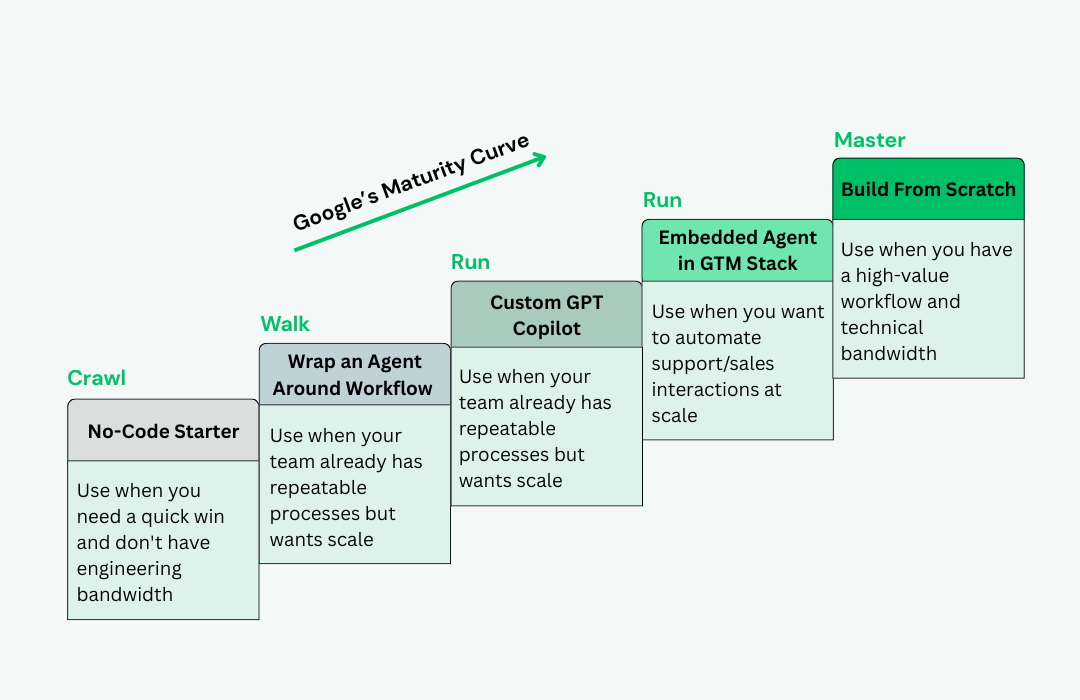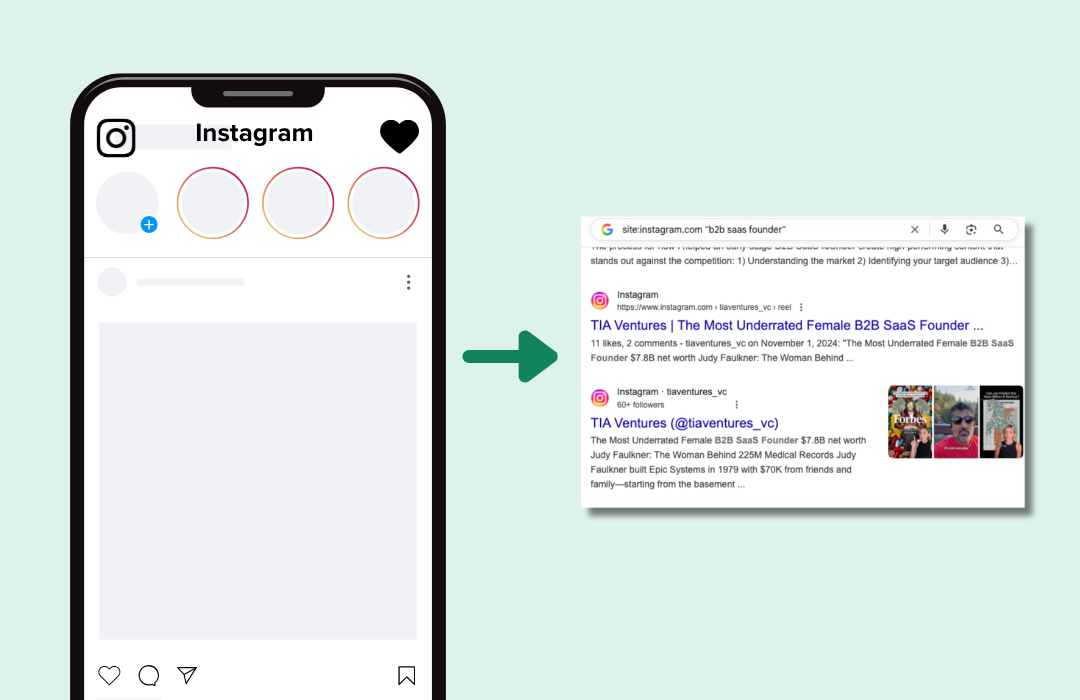We’ve innovated ourselves into a problem. The endless reams of content at everyone’s fingertips. An explosion of channels with which to connect and communicate. Push-button uber-niche tech solutions to all kinds of sales problems we couldn’t fathom just five years ago. All of this, while great, has created highly informed and by extension, highly disruptive buyers.
Whether the number is 57% or 70% (insert latest study number), we can all agree that the buyer is making her way a considerable distance through the buying journey before reaching out to a company that actually sells the solution. The die is cast, and we can’t expect that customers will return to a state of relying primarily upon salespeople to educate them about a product.
Tiffani Bova and Colleen Stanley
How do salespeople adapt to this new reality? Tiffani Bova of Salesforce and Colleen Stanley of SalesLeadership, Inc. are two of our favorite voices on connecting with today’s buyer. We’ll be seeing both of them on stage at Sales Machine New York City on June 15th and 16th. Just two more reasons you can’t afford to not be there in person with the rest of us.
Tiffani Bova on Purposeful Selling
As customers have become more educated, they’ve also become more demanding. Our increasing mobility, for better or worse, has made it more difficult to pinpoint exactly where our personal lives end and work begins. We’ve effectively blurred the lines between our ordinary consumer lives and our business lives.
“You show up to work and you have this expectation that your relationship with technology will be the same on the business side as it is on the consumer side,” says Tiffani.
Is it? For many of us, this is an expectation not being met currently, at least not across the board. The victors will be the companies that find a way to deliver consumer-side technology and service in our business-side lives.
Customer-Centric Innovation: Culture, mindset, decisions, resources.
The customer has changed. We hear that ad nauseam and debate over the details, but most of us can agree that something is different. Tiffani explains, “The unintended consequence of innovation and all the technology advancements is that the customer has become far more disruptive.”
In other words, you’re no longer in a teacher-pupil relationship with customers where you are the only one doing the educating. Today, customers are often educating sales reps on how they’re using their technology.
[Tweet “The unintended consequence of innovation is that the customer has become far more disruptive.”]
Have we changed our selling models to accommodate the disruptive customer? Many would answer that we haven’t.
Tiffani advocates for companies to take an approach that focuses on a continuous experience with customers. Rather than focusing on first touch or last touch, we need continuous engagement at every point of contact.
On the buyer journey, context is king
Sales processes tend to be linear when the buyer journey is increasingly anything but linear. Buyers can be unpredictable, often moving forward and backward through the sales process.
“The amount of the journey they’re through is irrelevant, what’s more relevant is where they went when they were on that journey,” says Tiffani. “It’s all about taking a lead all the way to advocacy. You want them to talk about your product.”
[Tweet “The % of the journey completed is irrelevant, what’s relevant is where they went on the journey”]
Colleen Stanley on Emotional IQ
These new buyers also mean that the format of a sales call will never be the same. Salespeople are being confronted with new challenges from prospects that they may not be prepared to answer effectively. As Colleen Stanley explains, having the emotional intelligence (EQ, if you will) to be able appropriately react to unexpected questions or assertions is an essential part of finding success with today’s buyer.
Incorporating soft selling skills
Hard selling skills like the ability to present well or ask the right questions are a necessary but not sufficient part of winning over disruptive buyers. Colleen defines emotional intelligence as “Knowing what emotion you’re feeling, why you’re feeling it, and how it affects what you do.”
Confidence in your response, not necessarily the ability to answer a question immediately and accurately, is an important sales skill to have. “Power buys from power,” says Colleen. Salespeople untrained in emotional intelligence will often default to a “product dump, more commonly known as ‘show up and throw up,'” at the first sign of trouble.
[Tweet “Power buys from power. @EiSelling #SalesMachine”]
Having the emotional intelligence to know when you’re being disrupted while still being able to stay grounded is crucial for the ultimate success of the deal.







